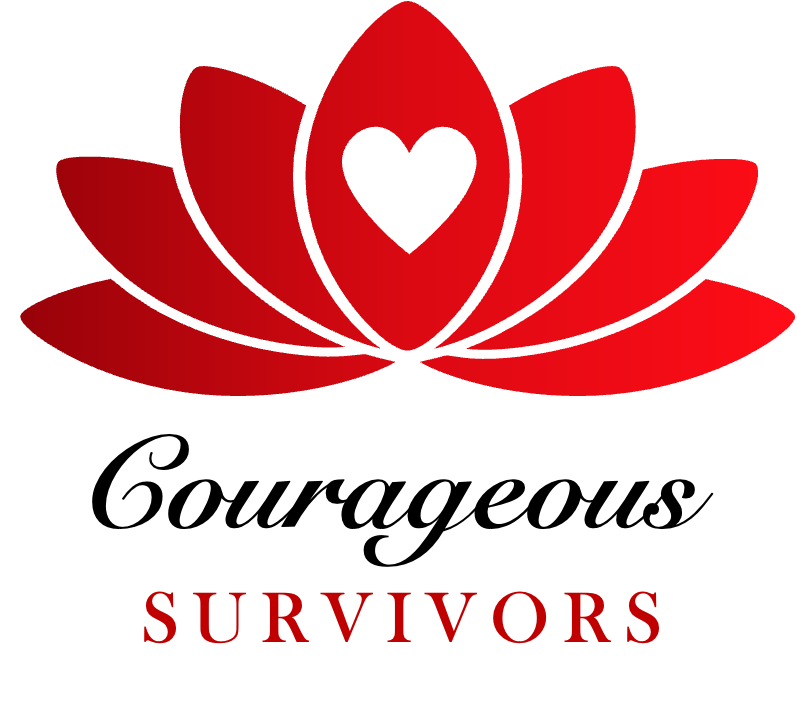Managing Grief As A Survivor Of Childhood Sexual Abuse
In my life, I have experienced a lot of death in my close family, extended family, and chosen family. There was always grief no matter what the circumstances of the death were. For example, my dad was my biggest abuser. When he died from suicide at age 44, I felt numb, relief, anger, and sadness. When I think back on it, the grief was mostly that the hope of having a loving father died with him.
When my brother died from suicide a few years later at age 24, I felt tremendous grief. Sad for a lost life, a life lost to drugs and alcohol, and anger again at my dad for introducing him to those things at a very young age. When another brother died at age 41 of a drug and alcohol overdose, I felt sad again for a life lost too young, anger again at my dad and guilt that his lifestyle had caused me to separate myself from his life and knowing that had hurt him.
When my mom died at 50 from emphysema, I had a major depressive episode lasting for a couple of years. Despite the dysfunction and enmeshment, I felt loved by her and at the time, it was the only love I felt from a parent or parent figure. There were additional suicides and deaths and each time, the grief felt different and at times unmanageable.
This past year, losing our 16-year-old cockapoo, felt like the worst grief EVER. She was so lovely and funny and gave me so much unconditional love and happiness, only ever wanting to be loved back in return.
Yesterday my aunt died. I was named after her and always hated that part of my name. I was not close to her, but she was the last of that generation of my family. She offered me moments of refuge from my childhood home that was filled daily with some type of abuse. She was my dad’s only sister.
I have been surprised at the depth of the grief I feel over this.
I read an article about survivors of child emotional and sexual abuse. It said that “A victims’ grief is delayed because most abused children learn how to adapt to even astonishingly difficult circumstances to survive. A later crisis or loss in adult life may unmask an underlying vulnerability that has been lurking beneath the apparently normal surface of their lives for years.”
Even after all the trauma recovery I have worked hard to experience, I think it is my wounded inner child that feels the intensity of the grief right now. She wanted help. She wanted someone (my aunt) to intervene and stop the abuse. As a child, she wasn’t rescued and I think she feels that with her aunt gone, there is no one left to rescue her.
The truth is I am not a child anymore. I am not even a victim anymore. I am a survivor who as a 17-year-old, got the hell out of there; as an adult and through a lot of life’s difficulties, found her way to happiness. She found her way to get help. Most importantly, she found her way back to her own self. I don’t need rescuing today. I can take care of myself, make good choices (most of the time!), and when I need help, I can ask for it.
That little girl, though, gets triggered a lot – especially at times like this.
